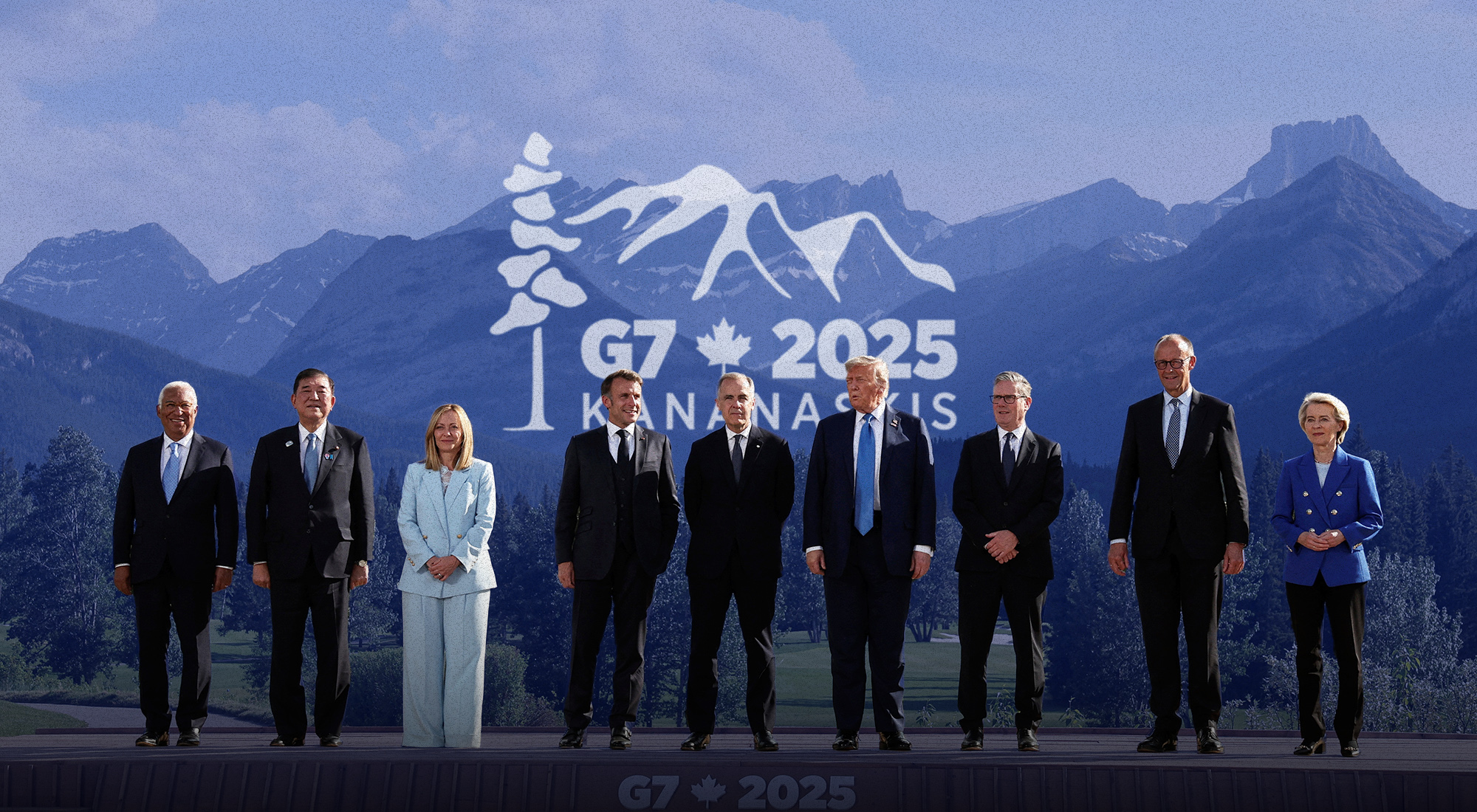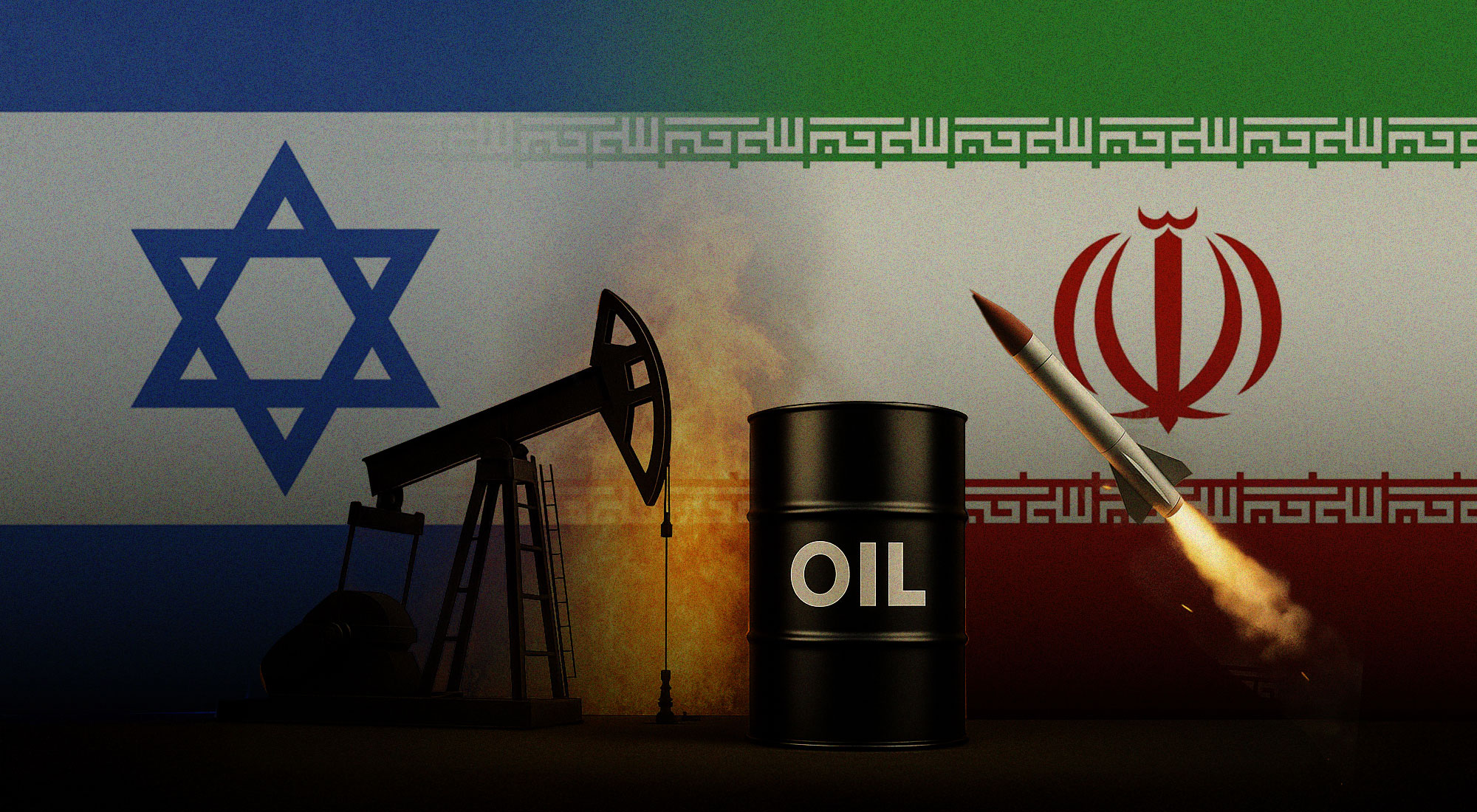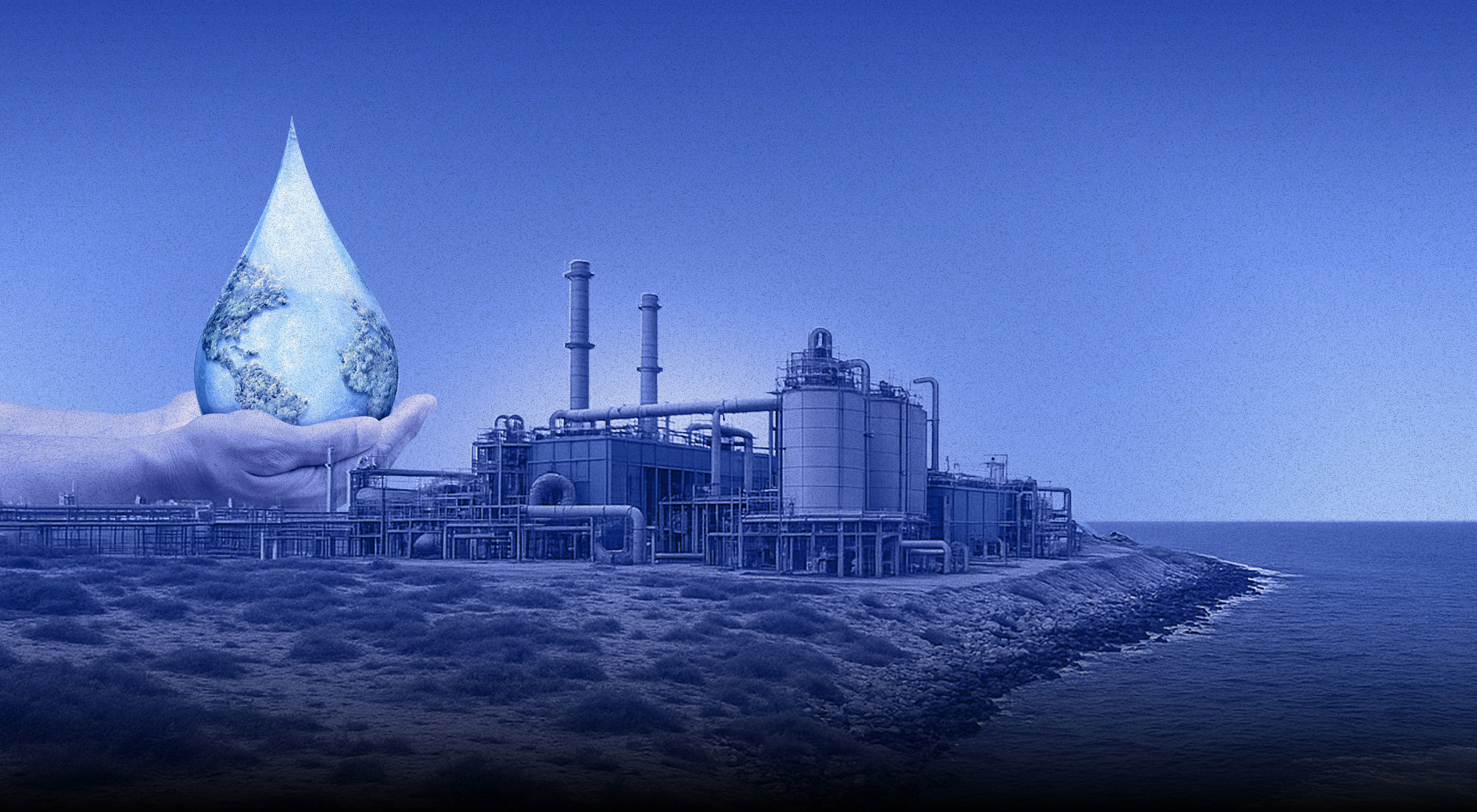When the international media first announced Daesh took control of oil fields in Iraq and Syria several media and government reports emerged estimating the amount of revenue the group could generate. Controlling oil fields, however, does not automatically translate into cash. More importantly, the market for illegally obtained crude is not new and since every market requires a supply and demand, the question is: who buys stolen oil? The answer is far from simple. Thieves use a number of methods, the black market offers various products besides fuel, and distinct ways exist for trading and smuggling the contraband. Given the diversity in the methods, the actors involved, and the products traded Turkey and Mexico are a good starting point for understanding how the stolen crude oil and refined products are marketed internationally.
Main Takeaways
Turkey and Mexico offer valuable insights including but not limited to:
- Legitimate companies, either knowingly or unknowingly, participate in the black market. Trading stolen crude oil and higher-value products is not exclusive to criminal organizations or groups using terrorist tactics.
- Increase in the number of regional affiliates for Daesh in resource-rich and resource-poor environments creates numerous managerial problems that can be exploited by the Coalition.
- Trading stolen crude and refined products requires existing infrastructure. Smuggling networks generally exploit the difficulty of checking individual cargo in high-volume traffic areas.
- Wide ranging estimates of revenue and production suggest a lack of coordination among intelligence services.
- Participation of private entities in the oil and gas industry might ameliorate some of the theft through the increased involvement of private security. Nevertheless, there is no reason to believe that private security could ever perfectly substitute long-term government protection of natural resources.
- There is seasonality in the black market for oil. Incentives for smuggling are correlated with international prices. During periods of lower prices, margins are eroded for thieves likely lowering the amount of smuggled crude oil and refined products moved internationally.
The cases examined here represent only a small fraction of where and how stolen oil products are globally traded.
Turkey
It has been widely reported that Daesh sells stolen oil from western and northern Iraq as well as eastern Syria to complement revenue streams that include kidnappings, an extensive protection racket, and illegal sales of antiquities. A less discussed question, however, is who buys oil from Daesh? As detailed in the February 2015 report by the Financial Action Task Force, Daesh mostly swaps or sells crude oil and primitively refined products to middlemen who use smuggling networks that operate across border regions. Interestingly, these networks did not emerge as a result of Daesh and have been operating long before Al-Qaeda in Iraq came into existence.
Lack of employment opportunities and public services such as education and health services have bolstered smuggling networks as an understood form of livelihood—not illegitimate or illicit—but an indispensable economic activity that includes basic goods as well as drugs and people[i]. Understanding who buys stolen Iraqi and Syrian oil therefore requires identifying the incentives for operating contraband networks that cross into Turkey.
Anatolian Prerogative: Cheap Fuel
For 2014 the Turkish government estimated losses of $1.72 billion for gasoline dealers and $862 million in tax revenue due to smuggled oil from Iraq and Syria. As noted by analysts, heavy taxation on fuel prices—gasoline and diesel—has produced important price differences between Turkey and its neighbors resulting in profitable opportunities for smuggling that, by some estimates, meet one-third of the national oil demand. In August 2015, a liter of gasoline in Turkey sold for $1.69 compared to approximately $0.86 in Iraq and $0.45 in Syria ($0.77 in the U.S.). The chart shows a comparison of diesel prices.
According to a government official of the Turkish Department of Anti Smuggling and Organized Crime the smuggled fuel—generally sold at gas stations that sell cheaper diesel to truck drivers and farmers—is introduced from Iraq in several ways:
- Mules carrying plastic oil barrels along the mountainous border between Iraq and Turkey. This method is also used along the Iran border, however, it has decreased in popularity with the growing use of mines as counter-terrorist measures.
- Tanker trucks using one of the following techniques:
- Topping up their cargo in Iraq and unloading before arriving to their final delivery points.
- Modifying diesel tanks to accommodate larger amounts.

Even though there are regulations in place limiting the amount of fuel a tractor can carry, the volume of vehicles moving across the Turkish border render close inspections impractical. It is estimated that about one million tons per year of fuel are smuggled using trucks each year.
Makeshift pipelines moving between 30-50 tanker loads of diesel daily have also flourished along the Asi (Orontes) River running through Turkey and Syria. The diesel is pumped from Syrian tankers into pipelines buried under agricultural fields passing as irrigation systems connected to storage systems. Similar to the diesel smuggled from Iraq, the fuel is also sold below market price to truck drivers and farmers. Other reported smuggling routes of crude oil (not diesel or gasoline) include Jordan through the Anbar province and to Iran through Kurdistan. Once in these locations, the crude is refined into higher-value products although using rustic techniques that impact their market value.
Beyond Cheap Fuel: Questions Seeking an Answer
Even if the price difference between Turkey and its neighbors explains the existence of smuggling networks preceding the emergence of Daesh, there are still a number of unanswered questions needed to clarify how crude oil is a source of revenue for the organization in particular given declining oil prices. As of August 23, 2015 a barrel of Brent (crude oil world price reference) sold for $45.46 compared to $102 in August 2014.
Furthermore, as previously discussed, Daesh uses refined products for internal operations including cooking and powering stolen military equipment such as Humvees and tanks. With its emphasis on providing subsidies to certain members of the population under its control, it remains unclear the available surplus left to sell in the black market. That is, how much of its production is destined for domestic consumption and how much is traded? Moreover, different intelligence services and analysts have provided varying estimates of revenue and production which increases the difficulty of assessing the relevance of oil as a revenue stream for the group.
Varying estimates of revenue and production
July 2014:
Discrepant estimates emerge for the “world’s richest terror group”. Iraqi analysts reported that Daesh generated $1 million per day in oil revenue whereas other estimates placed the revenue stream ranging from $2 million per day to $3 million per day.
August 2014:
A senior advisor to the Iraqi Parliament estimates Daesh controls 60 percent of Syria’s oil assets and seven oil producing assets in Iraq. It is unclear what is defined as an oil producing asset.
April 2015:
German intelligence services (BND) cited by German media reported that Daesh only controlled the northern Qayara field with a maximum capacity of 2,000 barrels per day arguing that Daesh “can hardly sell oil anymore”.
June 2015:
According to the U.S. Energy Information Administration, Syria’s largest producing field, Omar, is under Daesh’s control. Moreover, total production including that under the control of the Syrian government as well as other actors is estimated at 25,000 barrels per day, about five percent of pre-conflict levels.
July 2015:
During the Aspen Security Forum Daniel Glaser, Assistant Secretary for Terrorist Financing from the U.S. Treasury Department was quoted as stating that for at least one month in 2015, Daesh made $40 million from oil sales or $1.3 million a day.
U.S. media reported that Daesh controlled 10 percent of Iraq’s oil fields.
August 2015:
Turkish media citing an August report by the Iraqi Parliament stated that Daesh controls 6 wells which produce 1.27 million barrels each month resulting in monthly losses of $102 million for the government.
Whereas the estimated production is close to the one provided in July 2014 and quoted by the Financial Action Task Force of 50,000 barrels per day, the amount of revenue reportedly lost by the government seems to overestimate the price at which Daesh could sell crude oil. With a monthly production of 1.27 million barrels, Daesh would have to sell at $80 per barrel to cost $102 million in losses to the government. With the Brent price at around $40, it seems highly unlikely that smuggled crude oil would sell for double the market price.
Resource Management
In November 2014 Daesh announced the creation of the Libyan governorate that in the last few months has extended its control across the northern coast where the Sirte oilfields are located. Despite the precedent of Al-Qaeda in Iraq of giving ample autonomy to regional financial managers, the creation of regional affiliates, including members of other groups such as Boko Haram in resource-rich environments raises important management questions for the group that create opportunities for policymakers to target their weaknesses.
Source: ISIS’s Global Strategy: A Wargame – Institute for the Study of War July 2015
For example:
-Are locally sourced revenue streams under complete control of regional affiliates? Or are they expected to share the wealth with Daesh members in the Interior Ring of the Caliphate (Iraq and Syria)?
-If revenue streams are expected to be shared with the Interior Ring, will regional affiliates contribute the same fixed amount or percentage?
-Will a transfer system be created? Where resource-rich affiliates transfer resources to resource-poor affiliates? If so, would this system be centrally managed or coordinated through a different strategy?
-Are groups who have pledged allegiance to Daesh, such as Boko Haram, remunerated using locally sourced revenue streams? Or are they under a different payment scheme?
Aside from the precise answer to these questions, the key is that Daesh faces these managerial dilemmas which necessarily create weak points that can be exploited by the Coalition. For example, if resources are to be shared through a transfer system this would necessitate either cash carrying couriers or using the financial system. Both strategies increase the risk of exposure from the group and create opportunities for taking resources from the group.
Mexico offers some lessons on how to exploit these vulnerabilities as well as other examples on how oil and its refined products are stolen and marketed.
Mexico
How does a top-ten oil producing country suffer significant fuel shortages? One of the reasons: theft, ranging from pilfering to large-scale schemes involving drug trafficking organizations and high-level corruption.
The energy reform approved in December 2013 allowing private companies to invest in exploration and exploitation of oil and natural gas reserves might offset shortages experienced in some areas of the country. Still, in 2014 Pemex—Mexico’s national oil company—reported losses for over a billion dollars equivalent to 20,000 barrels per day due to theft. Two considerations are relevant:
- The revenue loss reported by Pemex likely underestimates the total amount because it excludes the more severe large-scale theft beyond illegal taps.
- Even if we only consider illegal taps, theft has steadily increased over the last 14 years including states with elevated organized criminal activities.

The Bread and Butter: Gasoline
Taps are placed on pipelines to extract gasoline with varying levels of dexterity. Less advanced crooks tap pipelines and occasionally damage them creating shortages by forcing Pemex to shut them down while they are repaired. In contrast, sophisticated thieves use tapping machines that allow plugging live pipelines without interrupting the service, increasing the difficulty of locating and suspending them along a network that extends over 14,000 kilometers. Former and current Pemex employees install tapping machines for third parties who pay up to $6,000 dollars for a single tap—a considerable amount given that after taxes households have an average yearly disposable income of approximately $13,000 dollars.
In February 2015, Pemex announced that it would no longer transport refined products through its pipelines to deter theft yet shortages persist. Furthermore, pipelines do not transport refined products 24/7 which suggests collusion from employees who inform thieves of the times when the pipelines are used in order to steal products.
Pipeline theft, though, is only the beginning of a complex chain that also involves gas stations. In its most basic form franchise owners of Pemex service stations tinker gas pumps that sell lower amounts of gasoline than the one marked by the pump effectively stealing from customers who pay for gasoline they did not get. The problem is so widespread that online newspapers and even smart phone apps allow customers to verify whether a particular service station sells accurate amounts.

In more elaborate schemes, franchise owners might steal gasoline from pipelines and then sell it at the service station. If combined with the tinkered gas pumps, franchise owners obtain more income that is not subject to regulations and is easy to conceal due to the cash-intensive nature of the business. Even though since 2005 Pemex installed monitoring software that compares legitimate purchases made by franchisers and volumes sold to customers at gas stations, audits to Pemex revealed that franchise owners regularly ‘unplug’ from the system in exchange of a monthly payment to Pemex personnel in charge of monitoring.
The corruption within Pemex and the liquidity of the business provide ideal conditions for drug trafficking organizations to use service stations for money laundering. By employing front companies proceeds from crime are deposited into bank accounts linked to service stations effectively concealing the illicit origin of the money and passing the earnings as legitimate. Between 2005 and 2014 the Office of Foreign Asset Control (OFAC) under the U.S. Department of Treasury designated 19 gas stations operating in Mexico as part of its counter-narcotics sanctions program prohibiting its citizens and companies from engaging with the listed entities. Still, it is highly likely than more than 19 gas stations are used for laundering money given that the top five states with illegal taps are also states with considerable organized criminal activities.
The Money Maker: Natural Gas Condensate
The Burgos Field located along Mexico’s northern region, with an area similar to that of Ireland, is an important producer of natural gas with a daily output of 1.2 billion cubic feet. When natural gas is extracted a light liquid known as condensate can be recovered. Condensate has a low content of contaminants making it easy to refine into high-value oil products including gasoline. As detailed in the complaints filed by Pemex in the Southern District Court of Texas in 2010 and 2011 individuals and companies in the United States knowingly purchased condensate illegally obtained by drug trafficking organizations operating in the Burgos Field. Pemex has estimated that between 2006 and 2011 up to 40 percent of its total condensate production was stolen.
Before the energy reform of 2013, Pemex and its subsidiaries were the only entities allowed to produce, export, and sell Mexican hydrocarbons such as crude oil, natural gas, and condensate among others. To export hydrocarbons, Pemex used transport companies that would deliver hydrocarbons directly to U.S. refineries. These transports were the only legal way to obtain condensate from Mexico to use in the United States and since 2006 Pemex did not award any contracts to transport condensate across the border, any of this product that entered the U.S. from Mexico did so illegally.
El Golfo and Los Zetas two of Mexico’s best-known drug trafficking organizations stole condensate from the Burgos Field in the following ways:
- Robbing one of the 52 transfer and delivery systems connected to the 150 collection stations that transport the condensate via pipeline from the then active 2,827 wells (as of April 2015 there were 3,216 active wells).
- Tapping pipelines and building their own to facilitate collection.
- Hijacking at gunpoint Pemex tankers trucks as well as the ones contracted by Pemex to transport condensate within Mexican territory.
- Bribing law enforcement officials to allow free passage to hijacked tanker trucks.
- “Rescuing” tanker trucks from impound lots previously recovered by law enforcement.
Once the drug trafficking organizations had control over the condensate they sold it to transport companies with otherwise legitimate contracts with Pemex that transferred it to different tanker trucks meeting the specifications required to pass Mexican and U.S. customs. These transport companies used forged export documents identifying the contents as legitimate cargo from Pemex and bribed customs officials on both sides to facilitate its crossing. Importers in the U.S. received the tanker trunks with condensate that was stored and/ or sold for profit to end-users such as Murphy Energy and BASF Corporation.
Two central lessons can be drawn from this case:
- The problem is not always lack of information. In some instances, governments have reliable intelligence on how the black market for oil operates within their jurisdictions and border regions. The challenge is one of high-level corruption (worst cases) and/or limited resources and seemingly perceived more urgent threats.
- By allowing transactions to continue and entering into cooperation agreements via guilty pleas and reduced sentences with some individuals involved, law enforcement obtained valuable recorded telephone conversations that provided evidence on how legitimate corporations might risk prosecution and reputational consequences in order to obtain products at below-market rates. Rather than conceptualizing the market for stolen oil and its refined products solely as an activity exclusive to criminal syndicates, the case of Pemex demonstrates legitimate companies might fuel the demand for this type of activity.
[i] Bozçali, Firat. “The Illegal Oil Trade Along Turkey’s Borders”. Middle East Report, No. 261, 2001.ii








